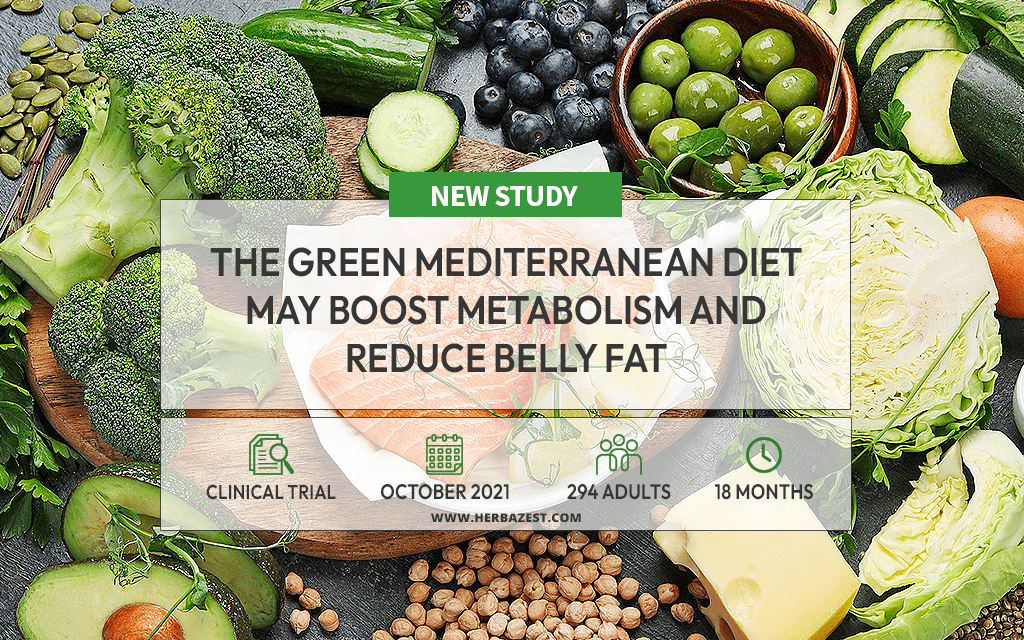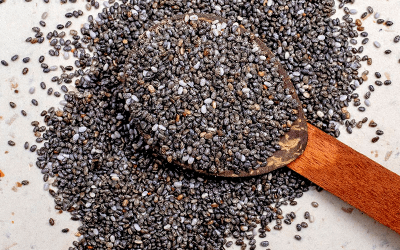Fasting ghrelin, often referred to as the "hunger hormone," is a vital player in our body's metabolic health. Secreted primarily by the stomach, ghrelin stimulates appetite and regulates energy balance. While typically associated with hunger, its role extends beyond that, influencing insulin sensitivity and fat distribution. Lower fasting ghrelin levels are often linked with obesity and metabolic syndrome, raising questions about its potential as a target for improving metabolic health.1
An 18-month study examined how changes in fasting ghrelin levels during weight loss affect insulin sensitivity and visceral fat, revealing the potential of diet to reshape hormonal and metabolic health for better weight management.
The Study
The DIRECT-PLUS trial included 294 adults with abdominal obesity or dyslipidemia. Participants were divided into three groups, each assigned a distinct dietary regimen alongside regular physical activity:
- Healthy Dietary Guidelines: A standard healthy diet
- Mediterranean Diet: A calorie-restricted diet emphasizing vegetables, fish, poultry, and walnuts (28 g/day)
- Green Mediterranean Diet: A plant-based variation of the Mediterranean diet, supplemented with green tea (3-4 cups/day) and a Wolffia globosa green shake, replacing red and processed meats
Researchers measured fasting ghrelin levels, visceral adipose tissue, and insulin sensitivity markers at the start and after 18 months to assess changes beyond weight loss. This setup allowed researchers to observe how these diets influenced fasting ghrelin levels and their metabolic effects.
The Results
After 18 months, all groups experienced increases in fasting ghrelin levels, with the Green Mediterranean group showing the most significant rise. Men exhibited greater increases in fasting ghrelin levels compared to women, who showed an overall reduction.
Elevated fasting ghrelin levels were associated with improved insulin sensitivity and a reduction in visceral adipose tissue, even when controlling for weight loss. The Green Mediterranean diet, rich in polyphenols and fiber, emerged as the most effective at promoting these changes, suggesting its unique ability to influence metabolic health.
What Does this Mean?
This study underscores fasting ghrelin as a pivotal marker of metabolic recovery during weight loss interventions. While weight reduction is important, the findings highlight the significant role of dietary composition in enhancing hormonal and metabolic health.
The Green Mediterranean diet helps improve metabolic health through its polyphenol-rich, plant-based components, which increase fasting ghrelin levels and amplify the benefits of weight loss. These include extra virgin olive oil, fatty fish (e.g., salmon, sardines), legumes like chickpeas and lentils, whole grains such as quinoa and farro, and a variety of vegetables and fruits (e.g., tomatoes, leafy greens, and berries), all of which promote heart health, reduce inflammation, and support metabolic function.
These insights emphasize the importance of tailoring dietary strategies to manage obesity and metabolic disorders effectively, focusing not just on weight but on long-term health improvements.
Sources
- Journal of Clinical Endocrinology and Metabolism, Diet-induced Fasting Ghrelin Elevation Reflects the Recovery of Insulin Sensitivity and Visceral Adiposity Regression, 2021
Footnotes:
- Open Access Macedonian Journal of Medical Sciences. (2017). Fasting Ghrelin Levels Are Decreased in Obese Subjects and Are Significantly Related With Insulin Resistance and Body Mass Index. Retrieved December 5, 2024, from https://pmc.ncbi.nlm.nih.gov/articles/PMC5661704/







